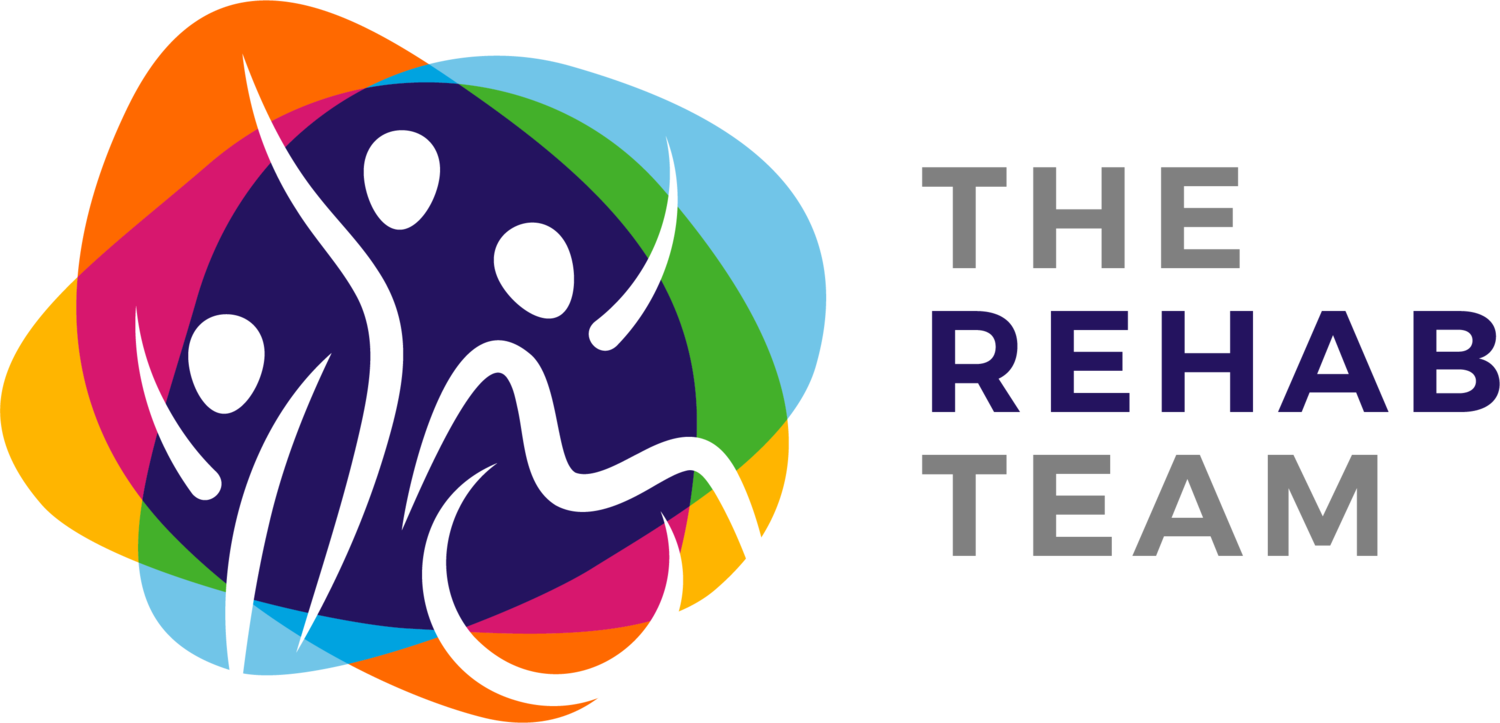Seven myths of Functional Neurological Disorder (FND)
Functional Neurological Disorder (FND) is the second most common cause for a referral to a Neurologist (in the States). Despite this, in New Zealand, FND is a condition that is still misunderstood, both in our communities and within our healthcare systems. The month’s blog from Papamoa-based physiotherapy clinic, The Rehab Team focuses on seven common misconceptions surrounding FND.
Myth One: FND is a diagnosis of exclusion.
Diagnosis of FND should be approached in the same way as any other condition and be diagnosed based on positive clinical findings like the Hoover test and entrainment test.
Myth Two: Patients have either FND or another Neurological Condition.
Different neurological conditions can occur together. FND can commonly occur with other neurological conditions at the same time.
Myth Three: FND is all in your head
FND is absolutely NOT “faking” or made up symptoms. Functional MRI studies show it is a very real disorder that occurs due to a very real brain/body disconnect.
Myth Four: FND symptoms are voluntary
FND symptoms are involuntary and are out of the direct control of the person experiencing the. This can be terrifying. It is not possible for people with FND to “get over their symptoms” or “snap out of it”.
Myth Five: There is less harm in missing a diagnosis of FND than missing other Neurological Conditions
Any misdiagnosis is distressing but missing a diagnosis of FND, a potentially treatable condition, compared to any other neurological condition can be as harmful as the reverse occurring.
Myth Six: FND is exclusively a psychological problem.
FND is a complex interaction of psychological, physical , sensory, motor control, lifestyle and autonomic influences. FND is not solely a psychological condition.
Myth Seven: You can’t get better if you have FND.
There is HOPE. Most people who engage in FND specific treatment with a provider who understands FND and specific FND treatment approaches find they have improvement in their symptoms. Just like any neurological condition, there is a spectrum of disease severity so the level of improvement with rehabilitation will vary. Some will recover and some will have long term symptoms, especially if left untreated.
Functional Neurological Disorder (FND) is a common condition. A clear diagnosis provided in a timely manner can have a strong positive impact on improvement of symptoms. Everyone diagnosed with FND should be referred for treatment and rehabilitation. If this is not the case, it is important to find your own FND provider to get the support you need.
Feel free to contact The Rehab Team to arrange an appointment if you are located in Papamoa, Mount Maunganui, Tauranga or surrounding areas. Our knowledgeable Neurological Physiotherapists have experience in FND rehabilitation within a wider team. Our physio’s are mobile and can come and see you in your own home or rest home if you are unable to reach our Papamoa physio clinic. We are here to help!
Exciting news - FND online course - we need your help!
We have seen how challenging it can be to access ongoing neurological physiotherapy — especially privately following a Functional Neurological Disorder diagnosis in New Zealand.
To help make support more accessible and affordable, we are developing an online course for people diagnosed with FND. We are seeking feedback to help shape the course so it’s relevant, supportive, and practical for people living with FND.
Please click HERE to complete a short, confidential feedback form to help guide the development of this course.
Want to know more?
Have a look at The Rehab Team's other Functional Neurological Disorder blogs:
-What is Functional Neurological Disorder - Here.
Reference
Lidstone, Araujo, Stone & Bloem, 2020. Ten myths about Functional Neurological Disorder. European Academy of neurology. DOI:10.1111/ene.14310

